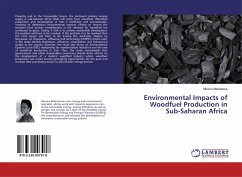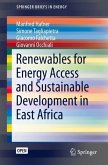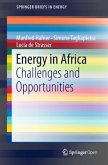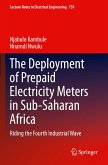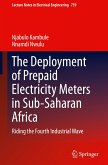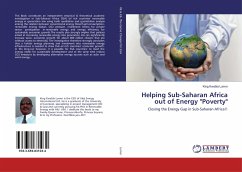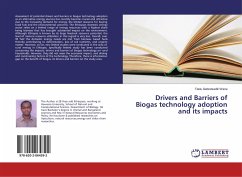Presently and in the foreseeable future, the dominant primary energy supply in sub-Saharan Africa (SSA) will come from woodfuel. Woodfuel production and consumption in SSA is inefficient and unsustainable, resulting to deleterious environmental impacts. Efforts to reverse the situation have proven unsatisfactory as the demand for woodfuel has continued to grow. Clearly, if SSA is to achieve sustainable development this problem will have to be arrested. If this problem is to be resolved then the root causes will have to be known. The stochastic impacts by Regression on Population, Affluence and Technology (STIRPAT) model used in this study identify Population, affluence, urbanization and institutional quality as the culprits. However, the result also shows an Environmental Kuznets Curve (EKC) relationship for modernization indicators and the rate of woodfuel production in SSA. Thus, the study recommends that governments and other stakeholders concerned should direct efforts on thedevelopment of a modern woodfuel industry where woodfuel production can create income generating opportunities for the poor and increase their purchasing power to afford clean energy services.

